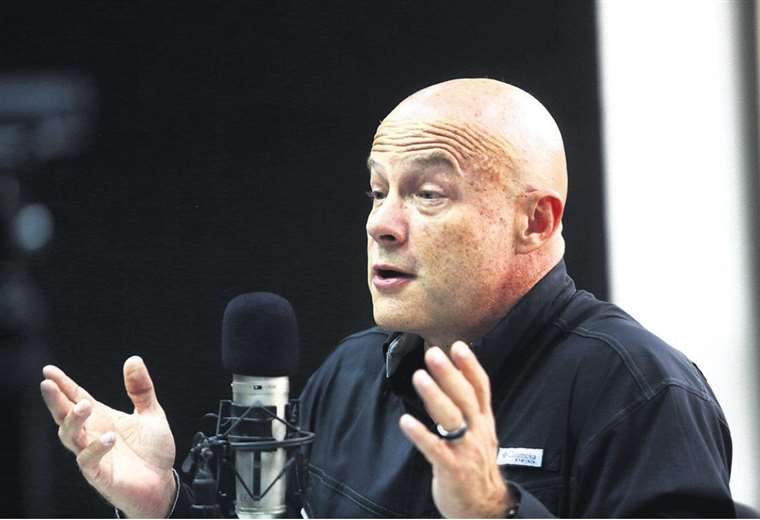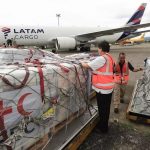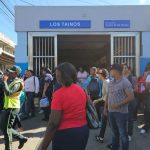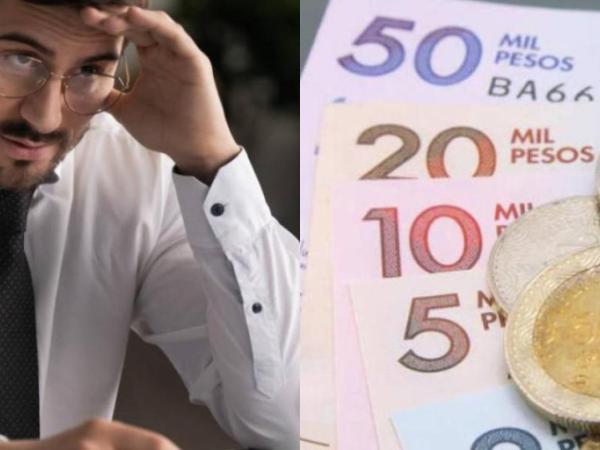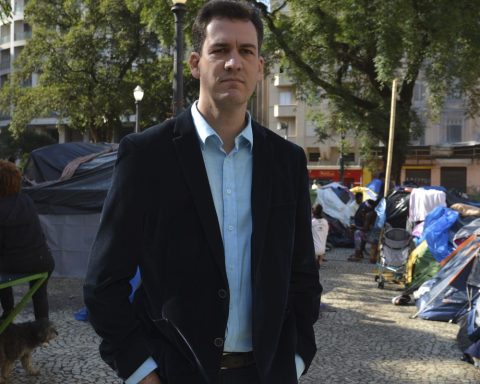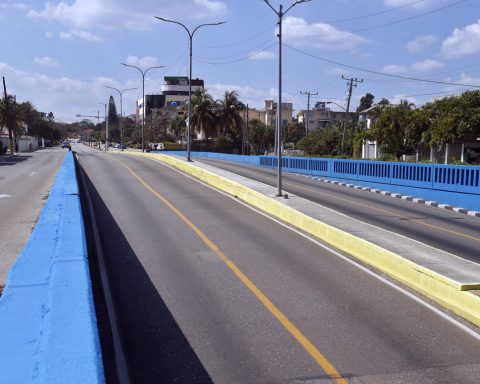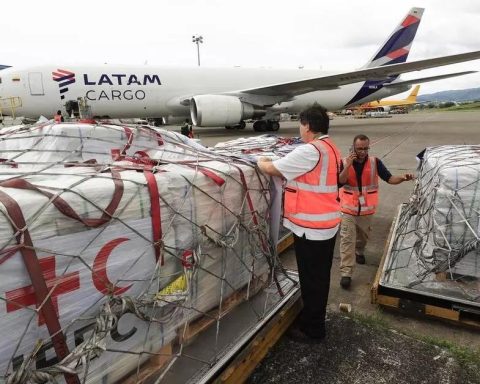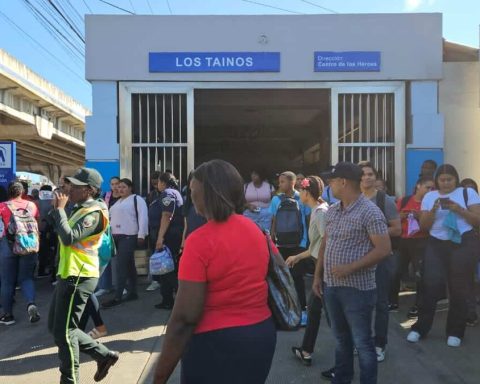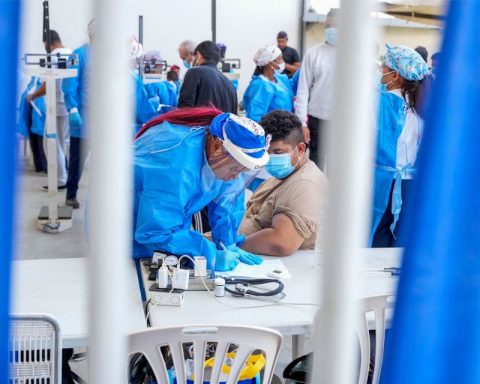November 24, 2024, 6:00 AM
November 24, 2024, 6:00 AM
The port of Chancay (Peru) has captured the attention of Bolivia as a new enclave point for its exports because it is offered as an alternative to traditional Chilean ports such as Arica and Iquique.
Oswaldo Barriga, president of the Chamber of Exporters, Logistics and Investment Promotion of Santa Cruz (Cadex), in an interview with EL DEBER referred to the expectations that the sector has in relation to this new port for exports and its prospects for the year 2025.
– What expectations does the export sector have with the recent inauguration of the Chancay port in Peru?
It is one more port that adds to those that Bolivia already uses to send its products to Asia. It is necessary to carefully analyze how competitive it may be for Bolivian exports, taking into account the advantages and disadvantages of arriving at this new port.
– What would be those advantages and disadvantages?
On the one hand, there is the cutting-edge technology that has been implemented in it and the affirmation of the technicians who assure that it will reduce the cargo journey from 40 to 28 days, in relation to the Pacific ports from where it is exported to the Asian markets. In addition, it will allow the docking of ships with a loading capacity of 24,000 containers, the largest in the world.
But on the other hand there is the distance from Bolivia to the new port. From Desaguadero to Chancay there are 1,469 kilometers, which means more than a day of road travel. On the other hand, from Desaguadero to the Port of Ilo there are 390 kilometers and to the port of Arica 432 kilometers. Therefore, in the case of Bolivia for trade with Asia we consider that we will continue to embark in Iquique and Arica in small ships called ‘feeders’ that will transfer in Chancay to larger ships that will go to Asia.
– How can you help Bolivia in its exports?
This port definitely places a marked influence of China on the foreign trade of South America. From an export perspective, China represents one of the largest markets in the world and for Bolivia this takes on greater relevance.
In the last five years (2019-2023) we have exported $us 2,807 million in minerals and $us 556 million in non-traditional products. Now China is the star market for Bolivian meat and the protocol to export chia is about to be signed, which would significantly increase the volume of our sales to the Asian giant.
– What other markets are important for Bolivia?
Yes, not only is China an important destination for our exports. In this same period, India purchased minerals for US$6,899 million, Japan for US$3,764 million, and South Korea, US$1,875 million. Therefore, minerals and lithium with its derivatives will be highly desired by the Asian market.
In that perspective, and depending on the level of competitiveness that this port offers to Bolivian cargo, Chancay would be an option for our exports.
– What are the prospects for exports for 2025?
We are not very optimistic for next year. The outlook is not going to be different in terms of exports and it will be worse for the agro-industrial sector if the summer campaign does not take place due to the lack of diesel. Furthermore, the prices of agricultural commodities are on a downward trend and Bolivia is a taker of international prices.
For this reason, we need to launch into more innovative exports. Without neglecting what we already achieve with non-traditional products, continue looking for new opportunities such as the export of services, which involves software, call centers, fintech services, to name a few.
Although there is a lack of regulations for this type of exports, we are sure that due to the need to generate more foreign currency for the country, the national authorities will expedite the mechanisms that are necessary so that we can consolidate these exports.
Oswaldo Barriga Karlbaum is the current president of the Chamber of Exporters, Logistics and Promotion
of Investments of Santa Cruz (Cadex), an entity of which he was also general manager. Since 2017, he has chaired the
institution. He has specialties in Business Management and Foreign Trade, as well as Electronic Commerce.
